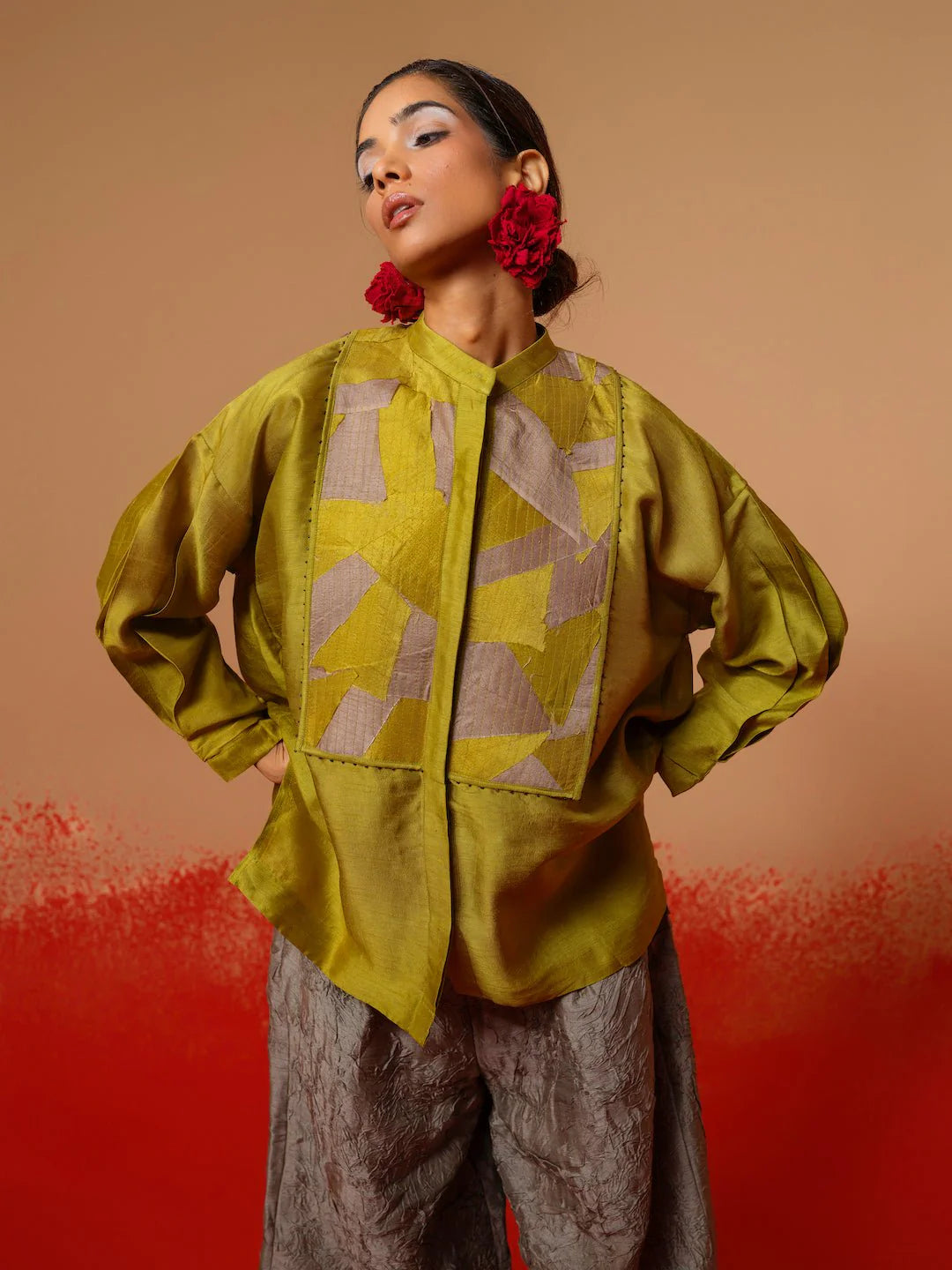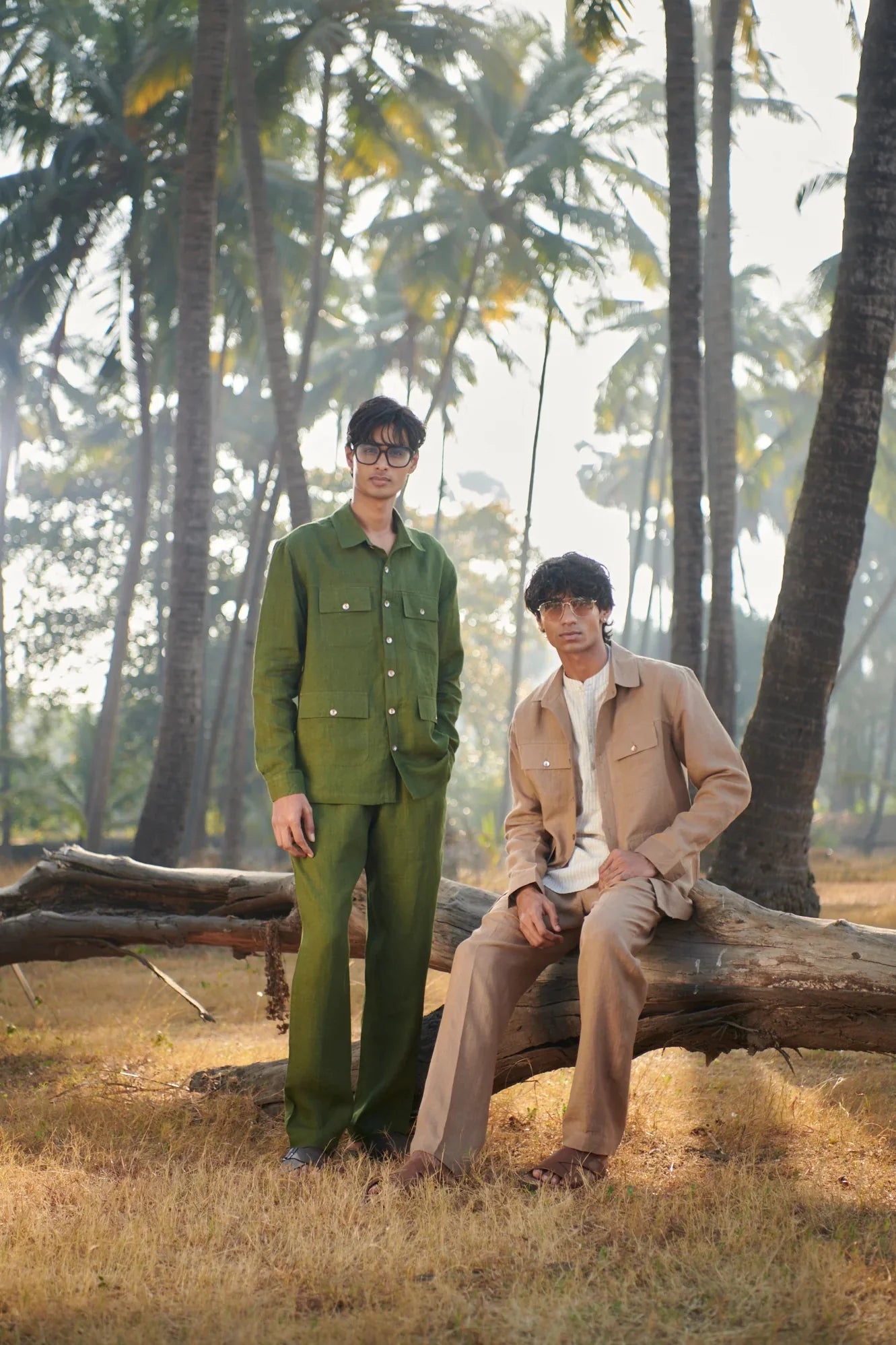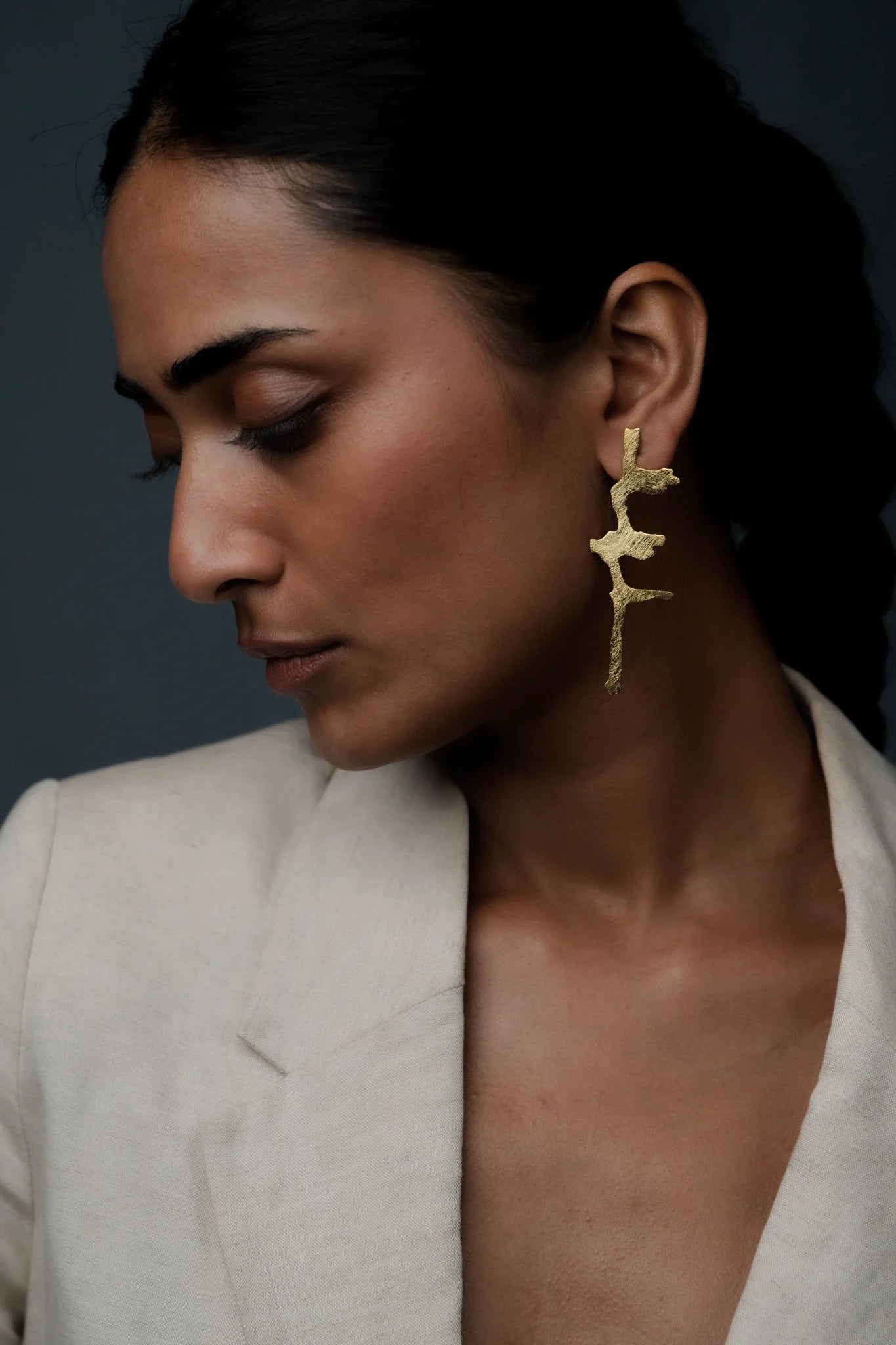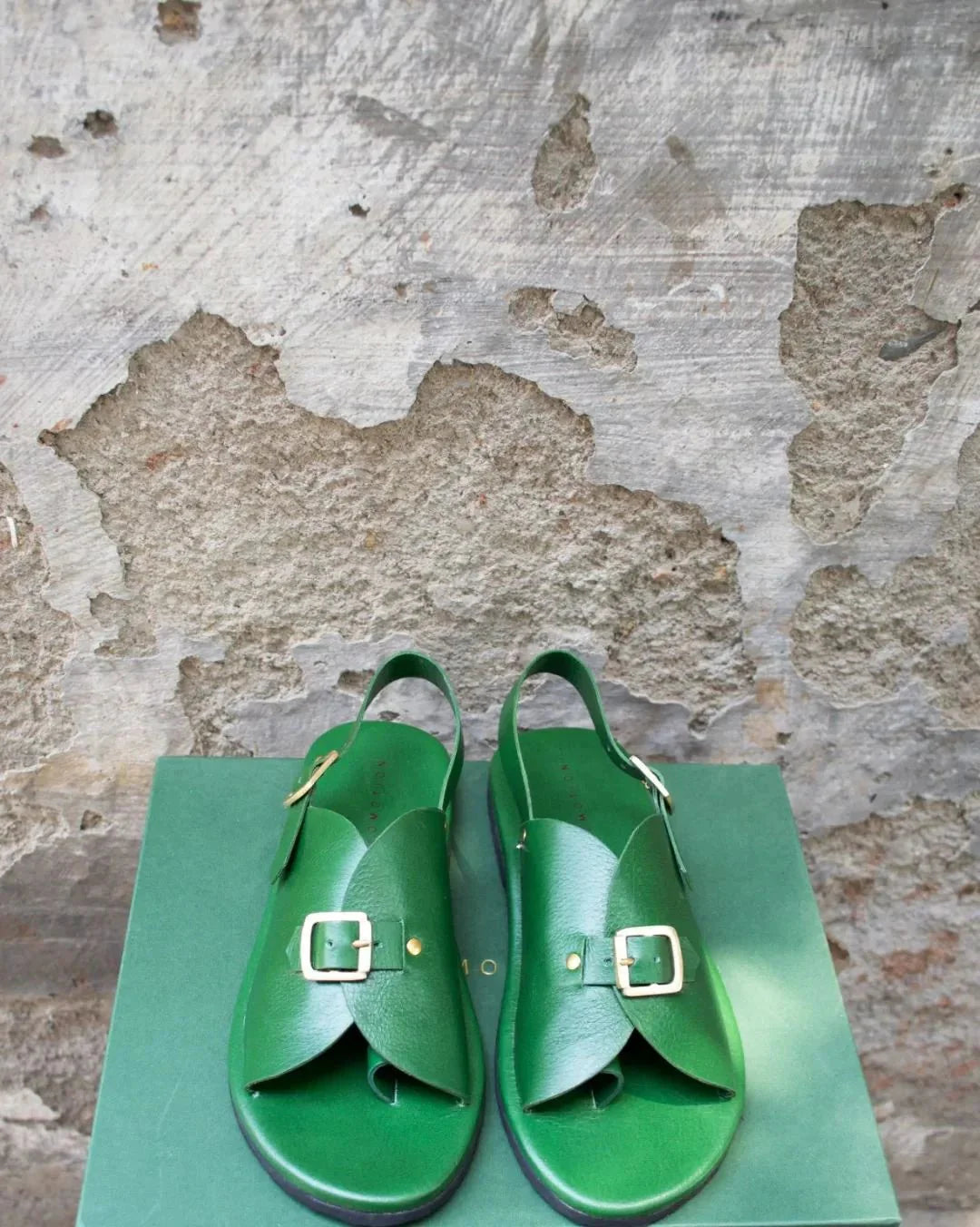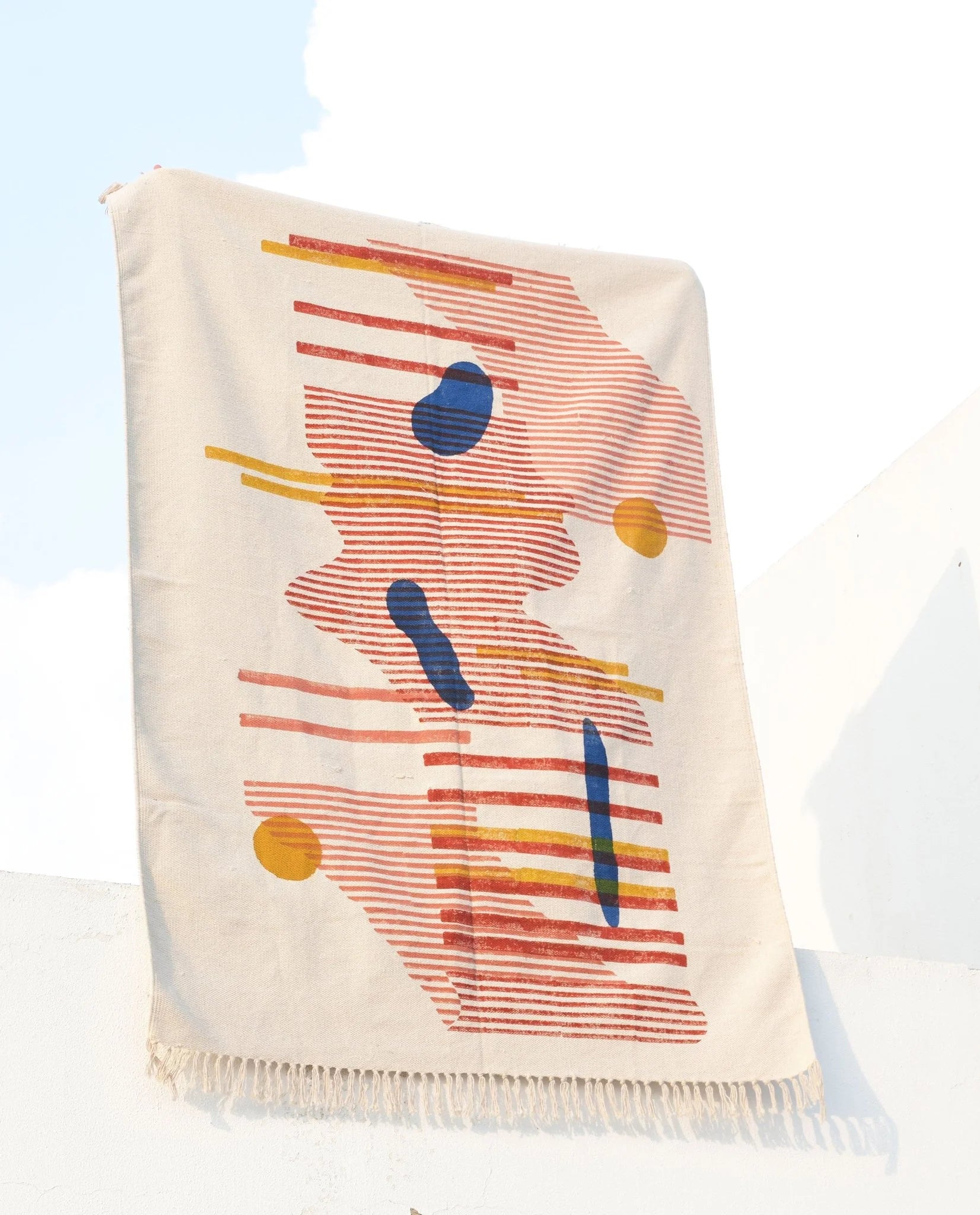“Clothing isn’t reactive, it’s proactive. Clothes say it first, movement follows later…”
More than 200+ women entrepreneurs with a keen interest in fashion and belief in feminism headed recently to “Fashion Dialogues with Fashion designer Payal Singhal and celebrity stylist Sanjay Kumar” at an event organized by FICCI FLO Ahmedabad chapter under the leadership of Ms. Shubha Bhandari, Chairperson, FICCI FLO, Ahmedabad Chapter.
The intriguing conversation was moderated by Aparna Badlani, curator and co-owner Atosa Mumbai to increase awareness and dialogues on the essential link between feminism and fashion, which otherwise lays astray due to the superfluous nature of fashion.
 L-R Aparna Badlani, ATOSA Mumbai, Shubha Bhandari, Chairperson FICCI FLO, Payal Singhal, Acclaimed Designer and Sanjay Kumar, head Stylist at Style by Ami
L-R Aparna Badlani, ATOSA Mumbai, Shubha Bhandari, Chairperson FICCI FLO, Payal Singhal, Acclaimed Designer and Sanjay Kumar, head Stylist at Style by AmiKnown for her contemporary sense of style, feminine floral prints, and her loyal celebrity clientele, Payal Singhal has been modernizing occasion wear since 1999. Endorsed by celebrities like Aditi Rao Hydari, Neha Dhupia, Tisca Chopra, Priyanka Chopra and Kareena Kapoor, Payal Singhal apparels evoke a contemporary look rooted with Indian motifs.
Head Fashion Stylist Sanjay Kumar, who has been with ‘Stylebyami’ since last five years, has been creating glossy looks for celebrities like Priyanka Chopra, Kangana Ranaut, Katrina Kaif, Madhuri Dixit to Alia Bhatt and Athiya Shetty. Aparna Badlani, the moderator for this introspective panel on Fashion and Feminism, has been an expert in retailing and merchandising.
With a strong hold on fashion, style and retail experiences, the trio led the dialogues on fashion as the backdrop for feminism while supporting with stories on trends that marked the feminist movement besides giving styling tips and talking about fashion copies in general.

Elaborating on the association of fashion and feminism, Ms.Shubha Bhandari, Chairperson, FICCI FLO Ahmedabad chapter opined, “Fashion is a powerful communication tool. It not only reflects the changes in the society but also acts as agent provocateur to aid the change. Feminism definitely has a strong symbolic link with fashion. Historically, one can trace the cultural and political movements through studying fashion, art, music, literature and cinema of that time. The rise of the hemlines giving way to flapper dresses in the 20’s, the acceptance of androgynous suits in lieu of corseted dresses in the 30’s, the invention of wrap dresses for modern women in the 70’s and more currently celebrities donning black to Oscars in support of TimesUp movement goes on to show how fashion has made statement in leading the changes in gender dialogues.”



The fashion industry is home to many female icons who have been voicing their opinions loud and clear. Vivienne Westwood shouts vociferously about climate change. Stella McCartney uses her brand as a platform to start conversations about sustainability. Maria Grazia Chiuri hailed the Nigerian author Chimamanda Adichie’s words on T-shirts – “We should all be feminists” for her debut collection for Dior.

Sharing about the changing fashion trends and its adaptability by the youth, Payal Singhal added, “This is probably the best time to be in the fashion industry. With women experimenting with their dressing and style, there’s so much a designer can do. Moreover, I believe that that there’s nothing like trends that one must follow. It’s about comfort and what suits a woman; that’s what bestows her confidence and accentuates her looks. It’s important to dress according to the body type and comfort rather than blindly following trends”
Aparna Badlani of Atosa seconded Payal adding, “Comfort is at the core of fashion. Ahmedabad has had an inclination towards traditional clothing, but over the years, and more so now, the city has progressed immensely when it comes to fashion, and the modern woman is experimenting with clothes that not only look good but are comfortable as well. Clothes say a lot about what you think and what you are and so the women of today must not hesitate dressing the way they want to.” Adding on the link between fashion and feminism, Aparna shared “ The bob cut and flapper dresses of 20’s, the pant suits by YSL in the 60’s or the resurgence of saree movement in India – all are indicative of the pivotal role played by cultural and social scenario in fashion. Fashion is indeed reflective of the society and times that we live in, it is an expression of the times to come”
Celebrity stylist Sanjay Kumar, on the other hand, talked about the shift in fashion and styling that has occurred. He spoke about how being well-dressed is an important factor to get the eyeballs. Be it a celebrity, politician or a working professional, it is important to dress according to the occasion, age, and demographics.
Both Sanjay and Payal gave styling tips to the audience that were noteworthy :
1. While wearing accessories, keep only one focal point
For e.g. – Wear statement neckpiece, leave earrings and cuff aside
2. For wearing deep plunging neck-lines, keep double side tape handy. Stick it to the garment for avoiding any wardrobe malfunction and you are good to go for next six hours
3. If you are getting bateau neckline done for your blouse, avoid getting cups done. It is only for choli.
4. Mix and match apparels to have variety in your wardrobe. Thats the best way to style differently. Do not opt for ready made pieces in pairs, use your creativity to style.

The trio showcased the importance of repeat-wear by demonstrating different looks that could be created with only a few pieces. Building a capsule wardrobe that can be mixed and matched to avoid boredom was another interesting takeaway for the audience. Since styling and repeat wear became the core of the Fashion dialogues, Diet Sabya became an inevitable point of conversation.
For the uninitiated, Diet Sabya is an anonymous Instagram account that has taken the fashion world and plagiarism issue head on by sporting the originals and their ‘gandi copy’ on their account. With a massive following of 78000 fashionistas, Diet Sabya has become the go-to educational resource for all fashion students, designers, stylists and writers.
After our successful maiden show ‘Candid at Ciceroni’ that talked about “Sustainable Fashion – A Marketing Gimmick ” hosted at Project Otenga, we were quite thrilled to notice that conversations in Fashion had begun. FICCI FLO- Ahmedabad Chapter’s Fashion Dialogues was another such initiative.
Stay tuned to register for our next “Candid at Ciceroni”…

Falguni Patel is the Editor and Head – Strategy & Operations at Ciceroni. With a keen eye for aesthetics and ardent love for words, wit and sarcasm, she critiques fashion and lifestyle unapologetically. She doubles up as a strategic communicator in her other life. Self confessed Bibliophile, travel enthusiast and sucker for humour in mundane, Falguni loves food analogies in all her conversations.

